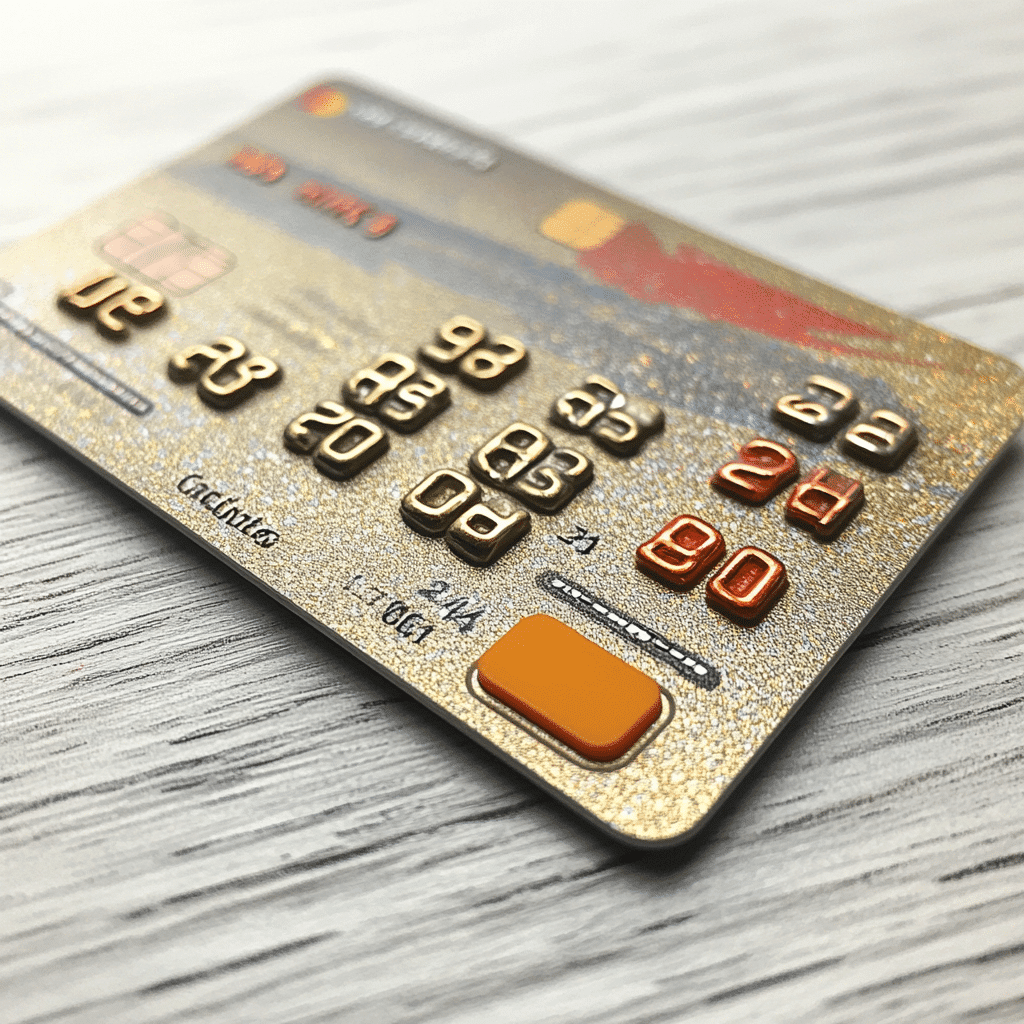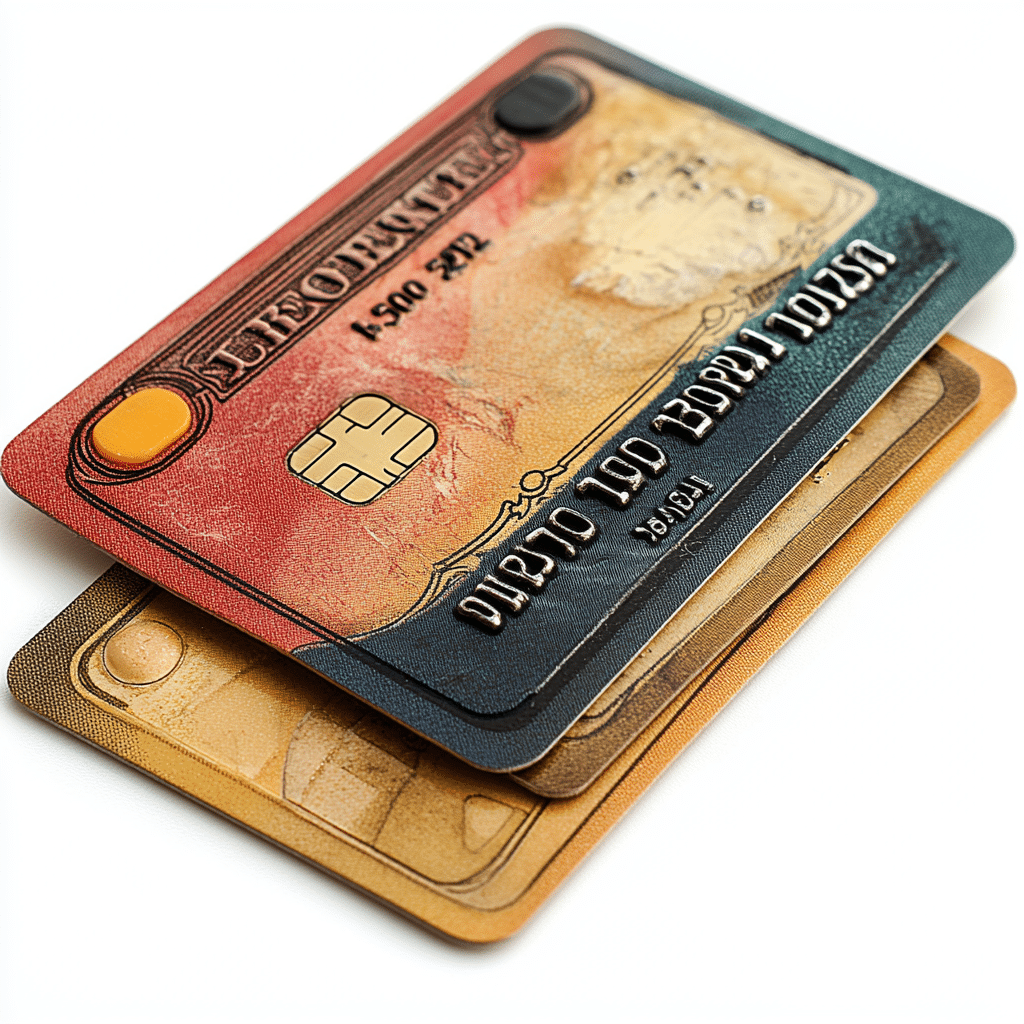Understanding the ins and outs of credit cards can be tricky business. One of the most vital, yet often overlooked aspects, is what is the closing date of a credit card. It’s crucial not just for how much you owe, but also for your credit score and overall financial strategy. Let’s explore this topic and uncover why it matters so much in today’s financial landscape.

Understanding the Closing Date of a Credit Card
At its core, the closing date of a credit card is the point in the billing cycle when your credit card issuer calculates the total balance owed and prepares your monthly statement. This typically occurs once a month, but the specific day can vary by issuer. It’s kind of like marking the end of a chapter in your financial story. Have your ducks in a row by being aware of this closing date to avoid any unexpected surprises.
This date isn’t just a formality; it carries significant implications for your credit score, payment schedules, and financial planning. Once the closing date rolls around, any transactions you made after this date will appear on your next billing cycle. So, it’s essential to understand when this date lands, as it can have ripple effects on your spending behaviors and credit management.
Many folks don’t realize that paying down your balance right before the closing date can positively impact your credit score. This is because it helps lower your credit utilization ratio—the portion of available credit you’re using. Keep this in mind as we dive deeper into why the closing date is essential for credit card users.

Why the Closing Date is Crucial for Credit Card Users
Key Differences Between A Closing Date and A Due Date
By mastering these terms, you’ll be better equipped to keep your budget on track and avoid unnecessary fees. Knowledge is power, especially concerning your finances.
Examples of Closing Dates Across Major Credit Card Issuers
Various credit card brands handle their closing dates differently, and knowing these can empower your financial management:
These examples emphasize the importance of knowing what is the closing date of a credit card. Staying informed can save you money and assist in maintaining a healthy credit profile.
What Happens Post-Closing Date?
After your closing date, there is generally a grace period that extends for about 21 days. During this time, you can pay your balance in full without accruing interest on current purchases. It’s like having a little cushion to help preserve your financial health. This grace period is your chance to catch up on payments without the sting of interest fees.
If you happen to miss the payment during this grace period, you may incur interest on balances carried forward. Therefore, keeping track of your spending habits and closing dates can help you dodge pitfalls and ensure that you maximize that grace period effectively.
What is an Escrow Account and Why It’s Relevant for Broad Financial Management?
Now, let’s shift gears and talk about a different but equally important financial concept: what is a legal funds escrow account. An escrow account holds funds safely until certain conditions are met, often used in real estate transactions. Here’s why you should care about this:
The Comprehensive Impact of Understanding Closing Dates and Escrow Accounts
Grasping the importance of a credit card’s closing date can empower better financial decision-making. Keeping tabs on these dates enables you to maximize your credit score while the knowledge of escrow accounts can prep you for substantial investments down the line.
Consider your closing dates as signposts on your journey to financial wellness—they keep you on track. Likewise, escrow accounts assure your financial future by providing a layer of security during essential transactions.
Periodic Reassessments of Your Credit Management Strategies
The financial landscape changes constantly. Hence, it’s crucial to reassess how you leverage credit cards and understand the significance of closing dates in connection with payment behaviors. Getting into the habit of evaluating your strategies at least once a year can help you adapt to economic fluctuations and emerging financial trends.
By incorporating these core principles into your financial habits, you’ll be well on your way to navigating your credit landscape with confidence. With all this knowledge under your belt, you’re laying the groundwork for future opportunities while keeping your financial health intact.
In closing, understanding what is the closing date of a credit card and its implications shouldn’t be an afterthought. It’s your ticket to smarter financial management and invites peace of mind as you venture into the world of credit. Keep your finances in check, and don’t hesitate to reevaluate and dial in your approach as you encounter new financial situations.
For further insights into financial strategies, be sure to check out resources like historical mortgage rates and interest rates right now to stay informed and savvy.
What Is The Closing Date Of A Credit Card?
Understanding what is the closing date of a credit card can feel a bit like diving into an uncharted sea. But fear not, it’s simpler than it seems! Your closing date is the last day in your billing cycle, and it’s super important because that’s when your card issuer tallies up your spending for the month. This means all charges and payments made up to that point will reflect on your next statement. If you’ve ever wondered what could affect your credit score or how to optimize your payments, this date is a game-changer!
The Nitty-Gritty
Now, here’s a fun fact: Did you know that the average American carries a credit card balance of about $5,300? That’s not pocket change! Knowing what is the closing date of a credit card can help you manage that balance better. For example, if you make a big purchase right before the closing date, it’ll show up on your next statement, which might just hit at the wrong time for your budget. So, keeping an eye on that date can help you avoid any nasty surprises in your statement. And if you’re curious about how that balance might affect your loan options, reading up on What Is The average fixed rate mortgage can offer you some insights!
Timing Is Everything
Timing can be pivotal here. If you’re planning to make a payment, doing it before the closing date might just maximize your credit score by reducing your reported balance. It’s like meal prepping for the week—you don’t want all that extra weight hanging around when it’s time to present your financial self to lenders. Plus, if you’re looking into What are tax Breaks, remember to keep your statements organized, as those closing dates can play a role in how you report your financials.
Get Ahead of the Game
Lastly, don’t underestimate the power of awareness! Knowing what is the closing date of a credit card might seem mundane, but it can give you a solid edge. Many savvy credit card users are on top of their closing dates and it helps them to not only manage their spending but also to maintain a good credit score. And, hey, if you’re curious about the current landscape of financial rates, checking What Is a current interest rate can give you a leg up on any future purchases! Keep your financial knowledge sharp, and you’ll navigate the credit world like a pro—just ask Gerardo Taracena!



